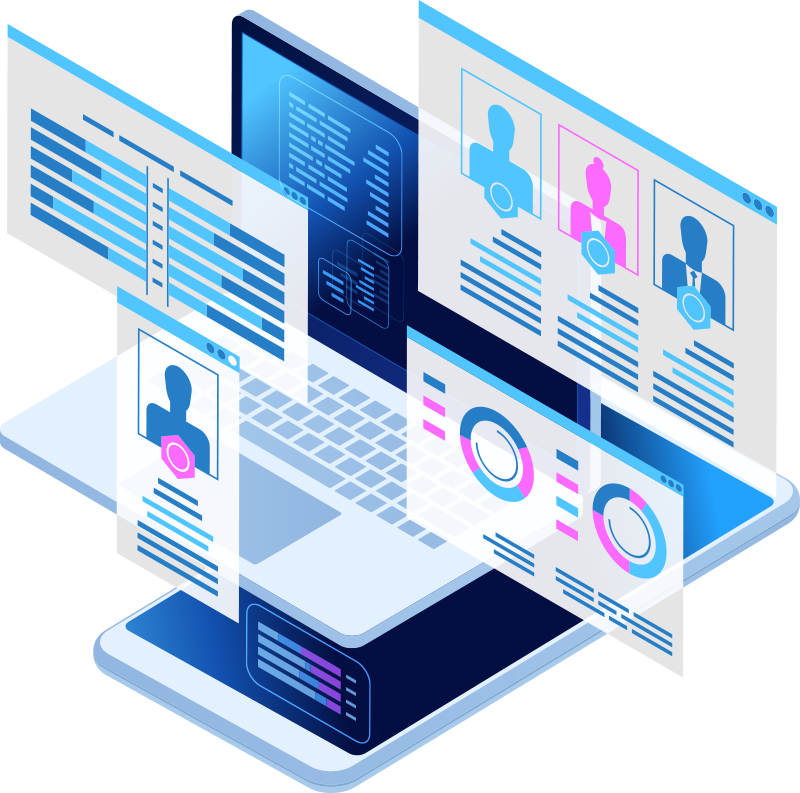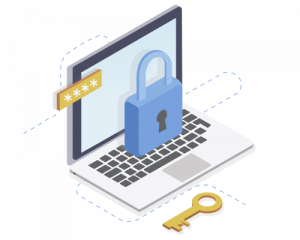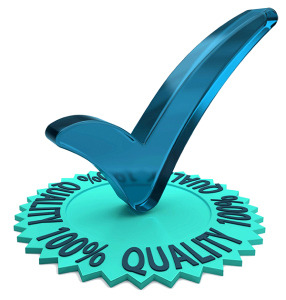As research in the health science industry continues to expand globally, Institutional Review Board (IRB) correspondence translations are essential to ensure the rights of human subjects in clinical trials are protected. To access foreign markets, documents, including IRB protocol, amendment, and progress report forms, must be translated and localized to meet international regulatory standards.
With a global team of in-country linguists and regulatory specialists, CSOFT Health Sciences can help ensure regulatory submission compliance while providing the highest-quality translation and localization solutions across 250+ languages. We provide translations for a full range of content, documents, and materials for medical professionals, researchers, and human subjects, including:
- IRB Protocol Form Translations
- IRB Amendment Form Translations
- IRB Addenda Form Translations
- IRB Appendices Translations
- Investigational New Drug (IND) Safety Reports Translations
- IRB Progress Report Forms Translations
- Adverse Event Reporting Translations
- Informed Consent Form (ICF) Translations
CSOFT’s translation and interpreting support enables growing healthcare and research organizations to deliver Institutional Review Board (IRB) correspondence across language barriers.
Clinical Trial Protocol Translations
With the increase in global clinical trial sites, clinical trial protocol translations are essential for ensuring that a trial’s standard operating procedures and scientific protocols can be repeated or assessed in any market, regardless of the languages spoken. Protocols for clinical trials are written to standardize the objective, study design, safety measures, organization, statistical analysis, and other key aspects of the trial so that it can be successfully repeated to the same standards. Clinical trial protocols play an important role by establishing a clear and descriptive document that can be followed and assessed by a regulatory body while remaining in compliance with Good Clinical Practice (GCP) guidance. For pharmaceutical companies, biotechnology companies, and medical device manufacturers, clinical trial protocol translations are necessary for ensuring the safety of a clinical trial and upholding the integrity of the data collected during the trial.
With a global team of 10,000+ linguists and subject matter experts in end-to-end localization solutions for clinical trial documents and life science regulatory translations, CSOFT Health Sciences can support companies with translations for required protocol features.
Learn more about our clinical trial protocol translations.
Patient Information Sheet Translations
As clinical studies continue to grow worldwide, patient information sheet translations are necessary to exchange and utilize patient information in future research studies. Communication between patients and providers is essential in healthcare treatment, and inaccurate translations can have consequences such as false information being exchanged or confidential information being shared without the consent of the patient. Whether you are a healthcare provider, patient, or clinical research organization, patient information sheets need to be in regulatory compliance to ensure patient data privacy. With a global team of in-country linguists and subject matter experts, CSOFT Health Sciences provides high-quality customized medical translation and localization solutions for patient information sheets.
Learn more about our patient information sheet translations.
Optimizing Clinical Trial Outcomes with Multilingual Adverse Event Reporting
Accurate translations of adverse event reports are vital for regulatory compliance and the successful market introduction of new medical products. Adverse events (AE), serious adverse events (SAE), and adverse drug reactions (ADRs) must be reported within stringent timelines—sometimes as short as seven days—as mandated by regulatory bodies like the FDA for investigational new devices. With the rise of international clinical trials, providing these reports in multiple languages is crucial for compliance and ensuring the safety and efficacy of medical interventions across global populations.
Learn more about our adverse event reporting translations.
Patient Record Translations
For clinical trial organizations seeking patients to participate as research subjects overseas, patient record translations are necessary to enhance the quality of clinical trials and reach new markets. In the medical industry, patient records (EHRs) are integrated into a wide range of sectors, from clinical trials to mobile apps, and include crucial patient information that enables patients to make informed decisions regarding their participation in clinical trials and allows medical professionals to utilize patient information to figure ways to implement patients as research subjects. While hospitals, clinics, and outpatient facilities have systems that allow for around-the-clock access to patient records (EHRs), medical records are increasingly integrated into platforms like patient portals, mobile medical apps, and CTMS. From handwritten physician notes to X-ray images and medication prescriptions, patient medical records are sensitive documentation and content that require expert localization, especially for patients of culturally and linguistically diverse backgrounds.
Learn more about our patient record translations.

Development Safety Update Report Translations
With the worldwide expansion of drugs in global clinical trials, development safety update report translations (DSUR) are required to address the safety information of drugs. Inaccurate translations can have consequences that may compromise the safe use of drugs and the safety of research subjects. Whether you are a patient subject, a clinical research organization, or a pharmaceutical company, development safety update reports are ensured to comply with global regulatory standards. With an extensive network of professional in-country linguists and subject matter experts, we have the resources and experience to help successfully translate development safety update reports.
Learn more about our development safety update report translations.
Data Security
With over 20 years of experience in medical translation, CSOFT Health Sciences understands the importance of data security to our clients, and we take nothing for granted when confidentiality is a concern. Our well-documented and fully traceable information data security policies, checklists, and quality records leverage the best practices of ISO 27001. They are designed to protect everything from source data to translations. From our 24/7/365 data monitoring and advanced encryption to our access control measures, you can be sure that your project data is safe from start to finish.
Learn more about how CSOFT prioritizes data security.
Quality Assurance
CSOFT Health Sciences has developed a process for quality assurance to ensure that every medical translation project meets quality standards in a cost-effective and timely manner. We are certified in ISO 17100:2015, ISO 9001:2015, and ISO 13485:2016 to ensure our customized solutions meet global regulatory requirements. Our subject matter expert linguists have at least seven years of experience and work with in-country reviewers and project style guides to meet industry standards. CSOFT offers an online translation management ecosystem for one central location to leverage real-time translation memory and terminology management through our innovative cloud-based technology. Every step of the way, CSOFT has you covered.
Learn more about our quality assurance process.

